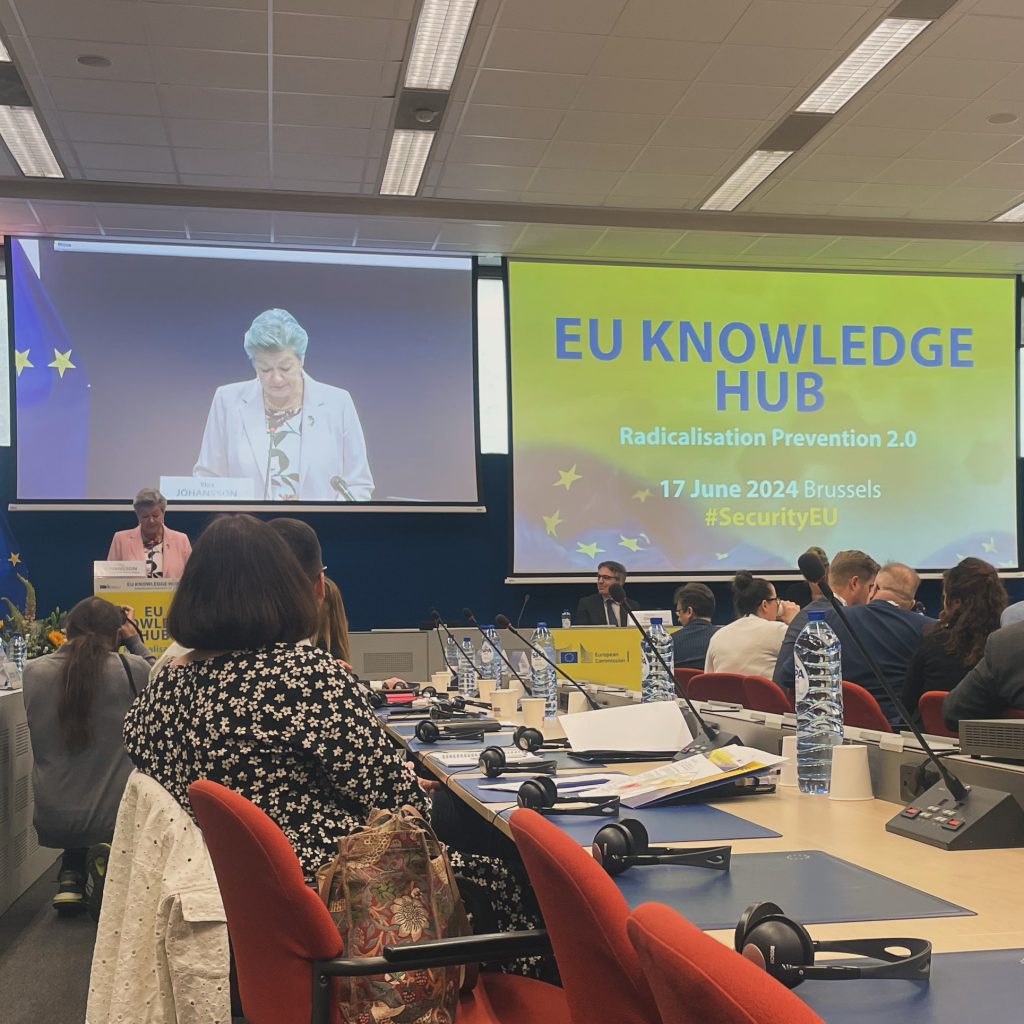European Commission
Very honored that Commissioner Ylva Johansson namely mentioned Fabian Wichmann and highlighted the importance of deradicalisation work in her remarkable speech on the Knowledge Hub (KH). Watch the video.
At this point, we would like to take the opportunity to formulate some thoughts on some current challenges.
For the EC the “EU Knowledge Hub on Prevention of Radicalisation”, is a major initiative aimed at bolstering the EU’s efforts against radicalisation leading to violent extremism and terrorism. This initiative builds upon the foundational work of the Radicalisation Awareness Network (RAN), initiated by the Commission in 2011.

In 2024 we’re facing times of polarisation & radicalization in society, fast technology changes and global conflicts. Last but not least a hight significance for threats by extremists and very diverse political spectrum in member states and the EU. Because of this there is a need for:
- exchange with science and policy,
- resources from policy,
- eye level with policy,
- and security and independence to do the job in troubling times – and maybe much more troubling in the future.
Polarization and radicalization may even more lead to changing political environments and that will make it probably very difficult to find allies in politics and society on local level.
In consequence that means it might be difficult to address the needs:
- of minorities, victims and survivors of extremism and terrorism,
- or needed partnership for example in exit cases on the local level.
Both is dramatically because of awareness for the needs and security issues for the persons involved – clients and prationers.
The KH aims to break down the silos between the professions. In general this is needed but it is also a phrase that describes a situation in Europe wich is a homemade problem. I think academics and practitioners a very aware that they need politics to do the job. These different fields work on the same goal. So to face and name the problem is good but we and the KH should start to do so. The KH could be a key platform if it’s builds on the resources and lessons learned from the RAN. If it is understood that practitioners are not only seismographs and cleaners of social problems, but also relevant contacts in the assessment and solution of the problems described.
Europe, and the KH in particular, needs to be a solid foundation for exchange, support and practical help, especially in difficult times. A platform to be heard and to articulate needs, especially for practitioners. Because if the European Union does not succeed, the necessary exchange will not take place. Firstly because some countries are not interested or do not see the need and we don’t know about the future. The RAN has created a great basis for this, which needs to be built on.
I am excited to see how things will continue and hope that the KH, and ultimately the practitioners, will receive the resources and support at all necessary levels to face the challenges ahead.
Speech in comments.

